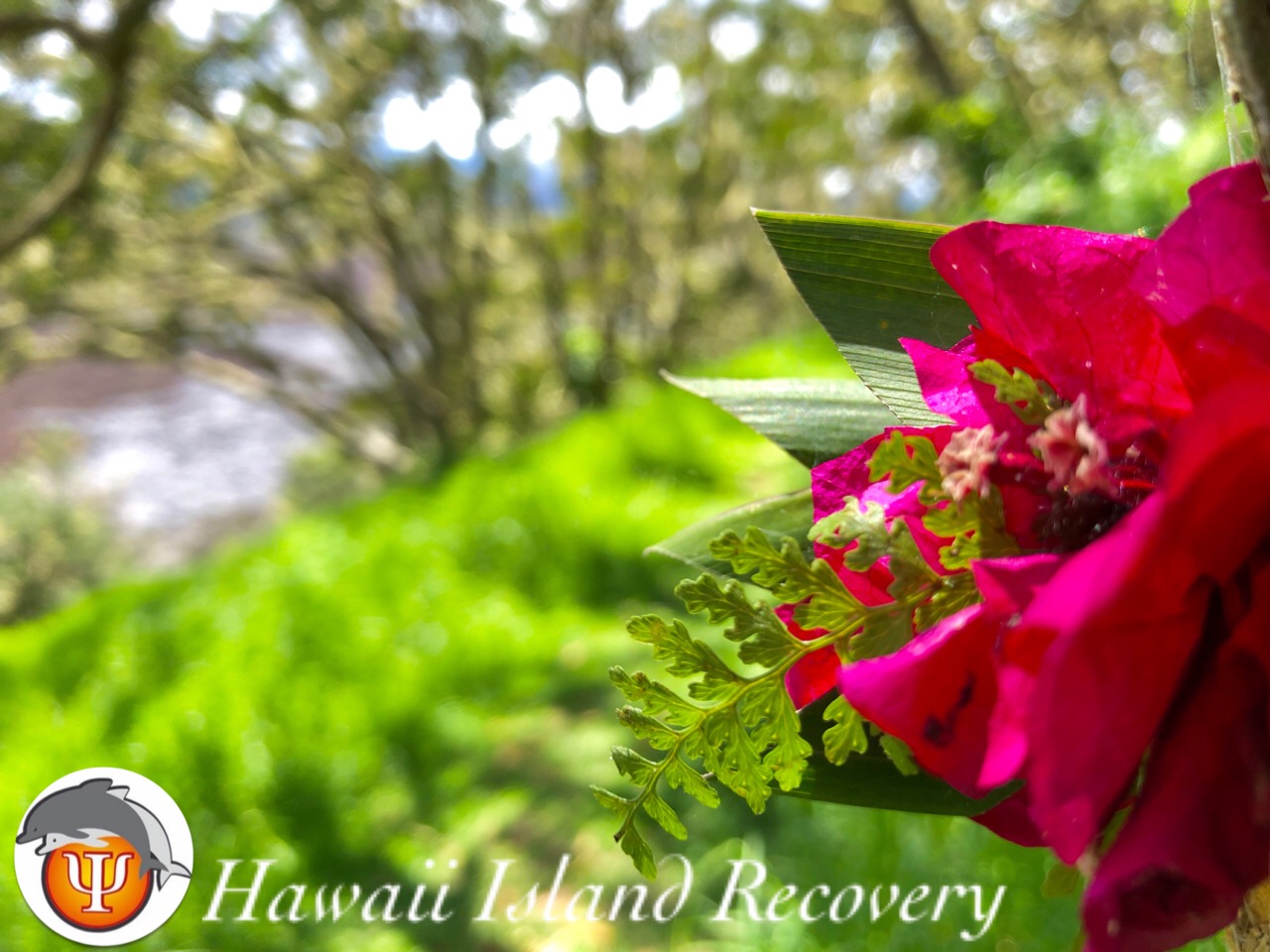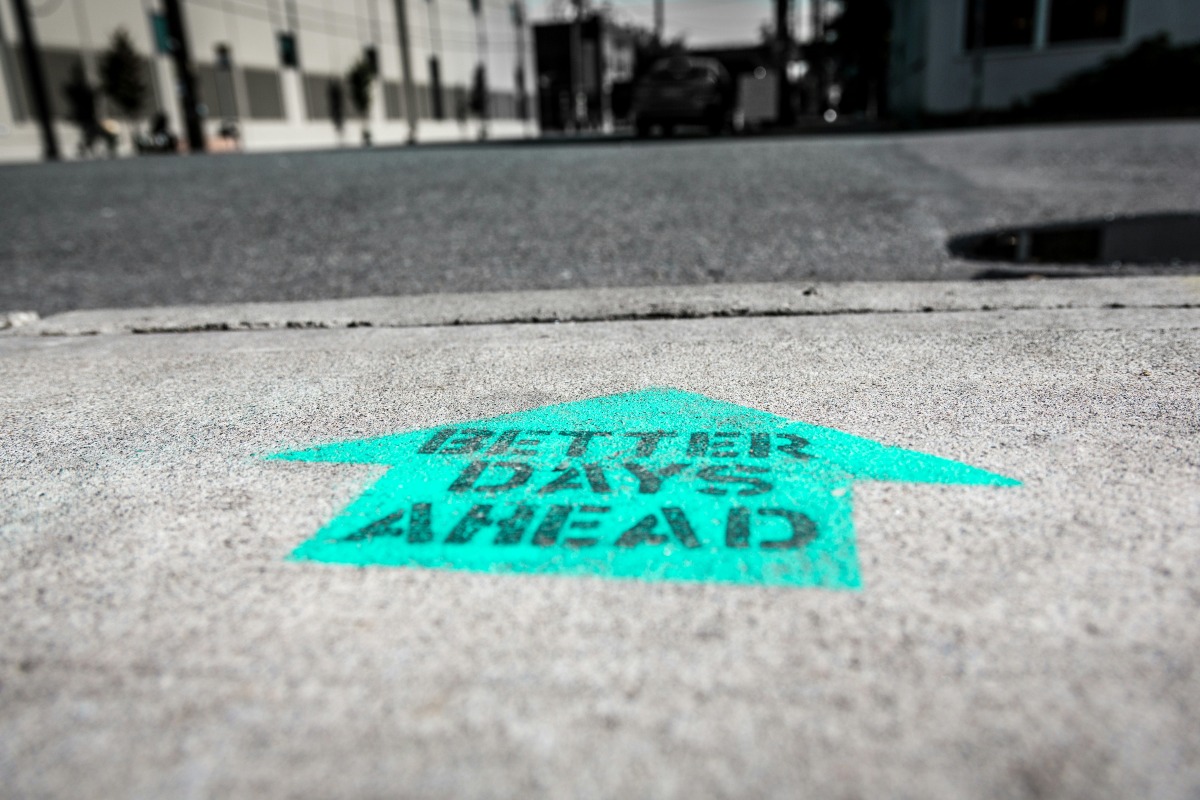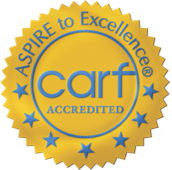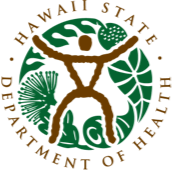Navigating the challenges of addiction and committing to a life of sobriety is difficult. Dedicating oneself to this kind of change should be celebrated. However, not all family members will necessarily see a person’s recovery efforts in a positive light and support these sober transformations. This can be incredibly stressful, especially around the holidays, if a person is asked to interact with family members who may not understand or support their sober journey. Thus, exploring strategies for facing family members while continuing to focus on personal growth, sobriety, and emotional well-being is crucial for navigating the holiday season in recovery.
The Challenges of Facing Family Members
Families can be an amazing source of recovery support. Parents, spouses, and even children can be knowledgeable, engaged supports who will embark on this journey, overcoming personal challenges and past mistakes. However, not all family members will share the same approach and attitude throughout the long healing journey, complicating family dynamics this holiday. While each family is unique in how their members approach topics like addiction, there are common challenges that facing family this holiday may present.
Misunderstandings About Addiction
Addiction is a complicated disease. It can be difficult to explain how the disease impacts thoughts, behaviors, and daily life to someone who has not lived through it. Even the idea that addiction is a disease in the first place can be difficult for some family members to internalize due to many pervasive stigmas still erroneously attributing addiction to a lack of personal willpower.
Such misunderstandings can undermine personal convictions, lessen the genuine amount of hard work it takes to maintain sobriety, and can even lead to questions like, “But you can still just have one drink, right?” that can introduce further urges and cravings. Facing family members who hold these misunderstandings and do not make an effort to change these perspectives can bring intense stress and doubt this holiday, impacting holiday plans and recovery efforts simultaneously.
Unhealthy Expectations When Facing Family
Some family members may also have potentially unfair expectations of a loved one in recovery this holiday. Facing family who think that going to a treatment program means a person is “cured” of addiction or who expects everything to go back to “normal,” especially since “normal” can mean something very different in sobriety, can lead to difficult scenarios and stressful conversations. These unhealthy and unfair expectations can lead to further misunderstandings about the holiday festivities ahead, bringing feelings of doubt, guilt, and anxiety.
Facing Family While Navigating Resentments
Addiction is never a truly isolated disease. Many of those who have lived with addiction see its impact on their lives and the lives of friends, family members, and loved ones. Because the effects of addiction can be ubiquitous across entire families, facing family, this holiday can be challenging, even after successfully navigating effective treatment at a program like Hawaii Island Recovery.
It is common for family members to harbor resentments for past mistakes made due to addiction and the impact they had on the family. Facing family members who still feel this anger, distrust, and blame can be difficult. It can also make it difficult to truly enjoy the holidays by causing a person to feel “trapped” by these past mistakes.
Triggers Around the Holidays
The holiday season itself can also be a challenging one to navigate. Many of those overcoming alcohol use disorder (AUD) or drug addiction may still hold expectations of substance use associated with this time of year. Urges and cravings can become more intense and frequent, and it can be difficult to truly focus on the holiday spirit and festivities while coping with these challenges.
Some of these holiday-specific triggers may include:
- Engaging in traditions that may be associated with substance use, such as watching a sporting event or holiday games
- Seeing certain people who used addictive substances in the past, as well as bringing back memories of use or romanticizing past use
- Feeling compelled to use substances as a part of “celebration” or to avoid feeling left out
Focusing on the Past
Those in recovery may also be facing family members this holiday season who are ready and willing to help but may not necessarily know the best way to provide support. As a result, some family members may be overly cautious to the point of becoming overbearing. While being ready to support sober change is great, and family members should always look for new ways to support their loved ones throughout this journey, constant questions and being intensely focused on recovery can lead to discussions about past use dictating each conversation.
Likewise, being overly cautious can even leave a person feeling infantilized, lacking in agency, or as if a person is defined by past addiction rather than focusing on their healthy, sober identity today.
Navigating Isolation
Lastly, one of the most potent challenges of the holiday season for those in recovery is feeling isolated from family members. The work put in to embrace sober change is immense. However, distancing oneself from past traditions and practices can leave many people feeling disconnected from friends and family members. This can make it difficult to connect with family members in the same way as before. Urges and cravings can be common as a person feels they should engage in past traditions to avoid feeling isolated. This creates a dangerous and complicated situation that needs a plan to navigate successfully.
Creating a New Plan For Facing Family This Holiday
Navigating these challenges this holiday is difficult. However, while many stresses come with facing family members this holiday, the season can also bring opportunities to create something new. Changing traditions and exploring new ways of celebrating sobriety can be a transformative experience, and having a plan for facing family members and engaging in a sober celebration this holiday can mark a true milestone in recovery.
Attending Holiday Parties as a Guest
There are many traditions and expectations associated with the holidays. Each family will have its unique way of celebrating with those who matter most. However, for those continuing to navigate their sober lives at Hawaii Island Recovery or a local support group or treatment facility, attending the parties of others can still be stressful.
Planning to attend a family gathering can involve establishing clear transportation and associated escape plans as necessary or asking for guest lists ahead of time to prepare for difficult conversation topics or family members who may not understand or support recovery. Knowing what to expect from a party can mitigate unnecessary stress and prevent feelings of anxiety, depression, doubt, or guilt from polluting an otherwise celebratory time. It can also empower each person to decide if it is a celebration they can safely participate in.
However, the best way to plan for facing family this holiday may be to host a holiday party oneself. This can have many advantages, from having more agency to explore change to ensuring that drugs or alcohol are absent.
Creating Your Transformed Holiday Season
There are many strategies for those in recovery to create a new and transformed holiday season. While it can be difficult to change well-established traditions and expectations, it is also a necessary part of reflecting each person’s sober commitment and progress. Many individuals and families will also make multiple changes to the holiday festivities. Working with loved ones and professionals is the best way to create a comprehensive and effective plan for facing family members and continuing to focus on sobriety and recovery throughout the holidays.
Accept Change
There are many reasons why those in recovery may want to celebrate a holiday season that is familiar and stays close to tradition. Many positive memories can be associated with this time of year, especially if a person has a healthy and supportive home life and atmosphere. However, accepting change can also be a great way of taking control of each person’s sobriety and lifestyle, even during the holiday season.
While accepting change doesn’t mean that every tradition will have to be completely upended, it does mean that those in recovery and their closest supporters should critically examine their plans and be open and accepting of exploring new ideas in recovery.
Addiction recovery is a journey of profound change and transformation, not just in one’s daily personal life but also in the lives of family members and support. This is further reflected throughout the holidays. Embracing this spirit of change alongside family members and loved ones can be instrumental in proactively transforming the holiday season into a new and sober time.
Set New Boundaries While Facing Family
Setting boundaries in sobriety can be difficult. It is even more challenging when also facing family members who may not understand the challenges of maintaining daily sobriety. For many, these boundaries begin with establishing that any celebrations hosted will be a dedicated sober celebration to manage the expectations of potential guests. However, these boundaries can be extended further to ensure personal safety.
Setting new boundaries around topics of conversation, such as not wanting to discuss certain past events, can be another great way to maintain a healthy atmosphere without introducing unnecessary stress or conflict among family members. These boundaries can also help challenge family members who may not be as supportive, or even critical, of addiction and the recovery process.
Avoiding stressful topics even outside of addiction may also be necessary. For example, actively setting boundaries and shutting down discussions of politics at family gatherings to avoid unnecessary stress or conflict. Families can prepare ahead of time potential enjoyable topics, as well as topics to be avoided, to facilitate healthy conversation this holiday.
Likewise, having firm boundaries around the times of holiday celebrations can also be beneficial. Being with family members can be physically and emotionally exhausting. Having clear start and end times, or when attending the celebrations of others, ensuring that a person leaves by a certain set time can help those in recovery manage energy and still focus on personal needs.
Know Your Escape Plan
Facing family members and addiction can be challenging, and it can be impossible to predict exactly how conversations and atmospheres will develop this holiday. Even the most supportive and well-meaning of family members can inadvertently say something triggering or delve into difficult and charged topics. Having an escape plan in the event of intense stress and knowing who to call and where to go can be essential in creating a safety net this holiday.
Escape plans are crucial whether a person is hosting or attending a holiday gathering. It means not just having a place where a person can be undisturbed, such as a bedroom or other personal space, but also having access to transportation if necessary. Having support be ready to pick up the phone or provide physical means of escape to remove them from a stressful or triggering situation can be instrumental. Establishing these plans and methods of contact ahead of time can ensure their efficacy if the holidays do take a turn for the stressful or if urges and cravings start becoming intense.
Try New Things
Exploring new traditions can be difficult but also refreshing. There is something exciting about trying something new and developing new memories around the holidays. Fortunately, rehab in Hawaii can expose each person to new ideas, perspectives, and cultures that can become new traditions in recovery.
Exploring new activities, traditions, and more can be a great way of creating a clear distinction between a person’s current sobriety and any past lifestyles, whether they are directly associated with substance use or not. Some in recovery can also use these new traditions and opportunities to share new hobbies and celebrate their transformed identity. Engaging in traditions focused on looking to the future, celebrating the present, and exploring gratitude can be a great way of ensuring the holidays are planned with a positive and supportive feel.
Starting new activities like new games or movie marathons for the holidays, cooking unfamiliar recipes together, or attending local community holiday events can all be new experiences to try this holiday.
Facing Family and Addressing Toxic Family Members
While unfortunate, there may be family members who, even after being told the truths about addiction and recovery, may still not understand or may be unwilling to adapt to the changes. Limiting time with potentially toxic family members or consciously not inviting them to new holiday celebrations may be an unfortunate reality for prioritizing sober healing.
While family can be an amazing resource for those in recovery, some family members may not share this camaraderie. Facing family during the holidays is possible, but in some cases, avoiding these family members or asking them to leave may be necessary. If family members have proven to cause stress in the past or ignored established boundaries, having a personal holiday celebration in a more supportive and intimate group may be the best way to approach a transformed and sober holiday season.
Nobody should ever feel guilty about putting their health first. Any family members that either intentionally or unintentionally bring feelings of guilt, shame, or stress to holiday festivities may have to be addressed or avoided for the sake of a person’s hard-earned sobriety, emotional health, and continued sober future. Working with professionals and supportive family members to create a plan to address toxic family members or associated feelings of guilt can be important for making this difficult decision.
Know You’re Not Alone
There is never just one way to approach the holidays in sobriety. However, finding the changes that work for each person and family can be challenging. Working with professionals at Hawaii Island Recovery, either through continued individual treatment, family programs to develop healthy communication strategies, or alongside peers navigating similar challenges to explore new perspectives, can help each person create a plan for facing family and prioritizing sobriety this holiday.
While addiction and recovery can feel isolating, nobody is ever truly alone. An understanding community of peers and professionals at Hawaii Island Recovery is always just one call away to help begin creating a new and fulfilling holiday tradition.
Facing difficult family members this holiday season is difficult, but you always have an option in how you approach the holiday. At Hawaii Island Recovery, we understand the need to personalize every part of your sober life, from your effective therapies and practices overcoming addition to personalizing your daily life at home, including how you address those you surround yourself with. Learning to prioritize your own healing practices through effective rehab in Hawaii can be a transformative experience, and a step in regaining agency not just over your daily life but in navigating the continued effects of addiction. For more information on our effective detox, residential, and outpatient treatment programs, call us today at (866) 390-5070.












